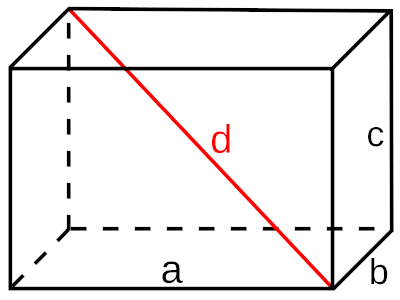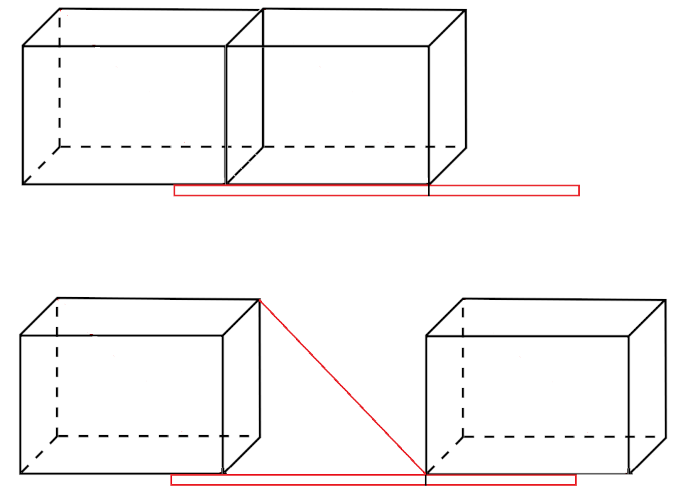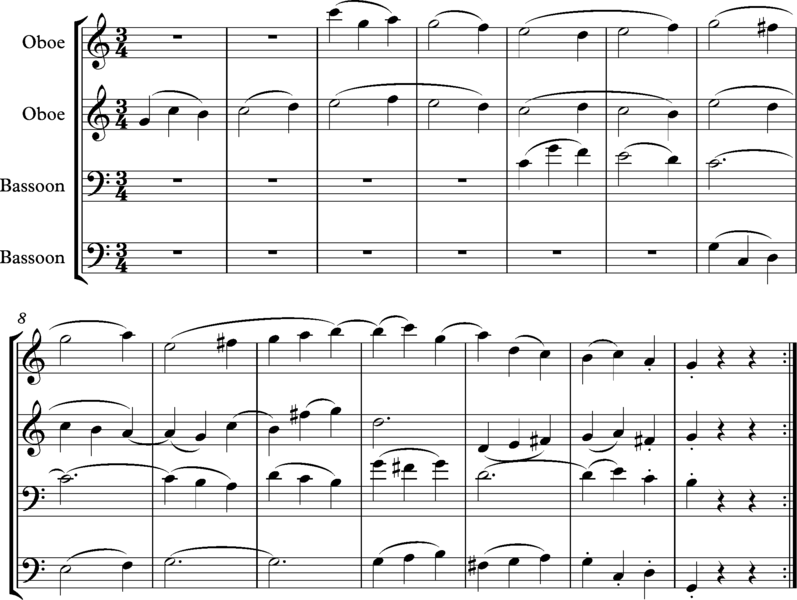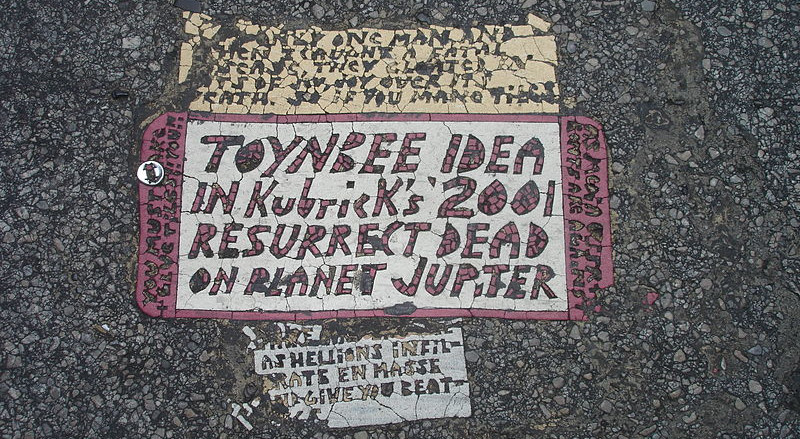
During daylight hours on the Western Front, soldiers in World War I regularly inspected the no-man’s-land that lay between the trenches. To do this they used either telescopes slid between the sandbag defenses or periscopes, which could be raised above the parapet to give a view of the field via a pair of reflecting mirrors. Normally there was nothing to see, but Brigadier Philip Mortimer of the 3rd Meerut Divisional Train had a start one day while peering through a telescope:
I actually saw as clear as daylight, the reflection in the top mirror of his periscope, a German officer’s head as he searched our trenches through his periscope, a most uncanny sight — the grey peaked cap and face as he looked down into the bottom mirror could be clearly seen.
“It was decided to ‘strafe’ the periscope with a Maxim which after being trained on it carefully was let off to the tune of about 15 rounds. The periscope immediately disappeared.”
(From Richard van Emden, Meeting the Enemy, 2013.)






